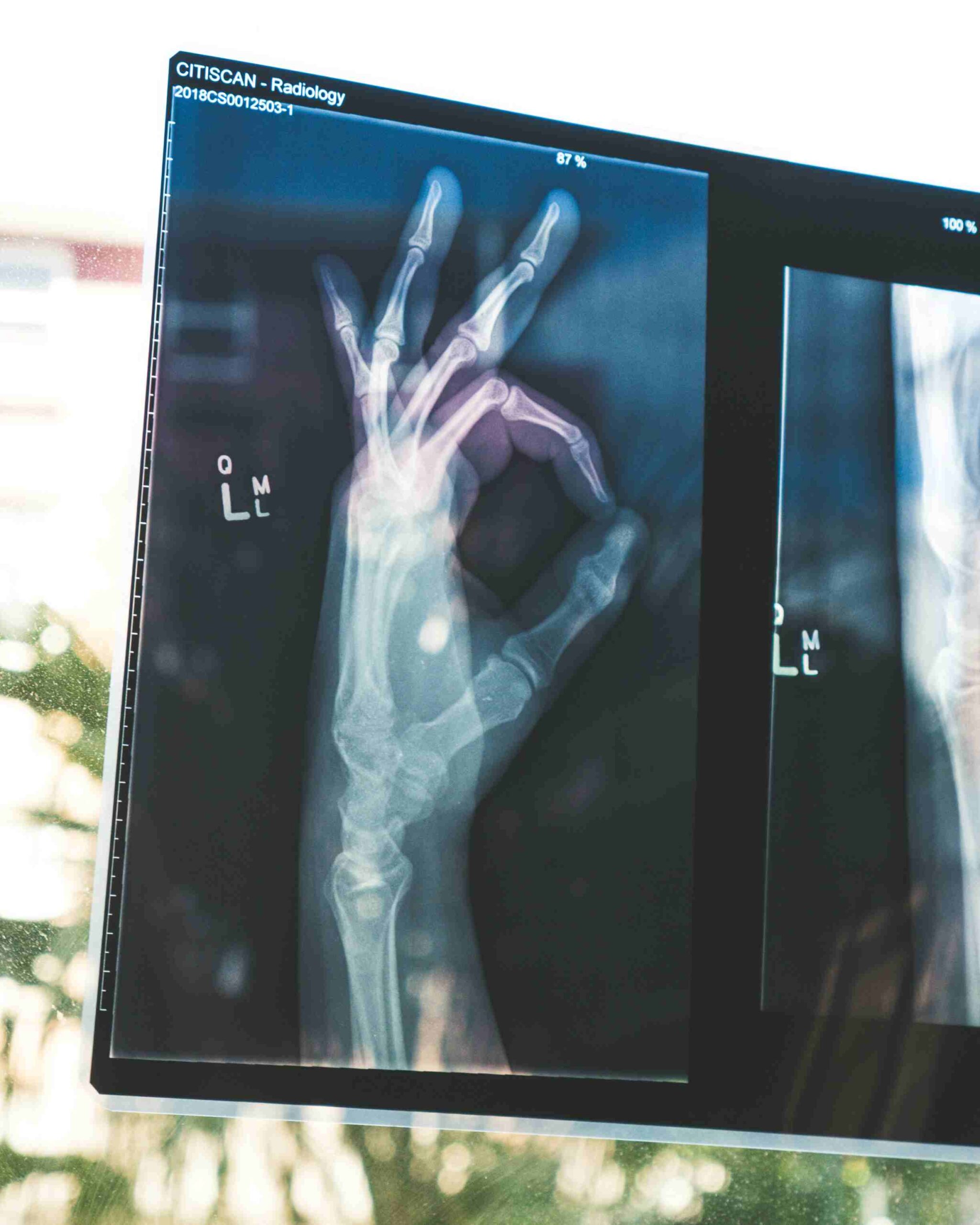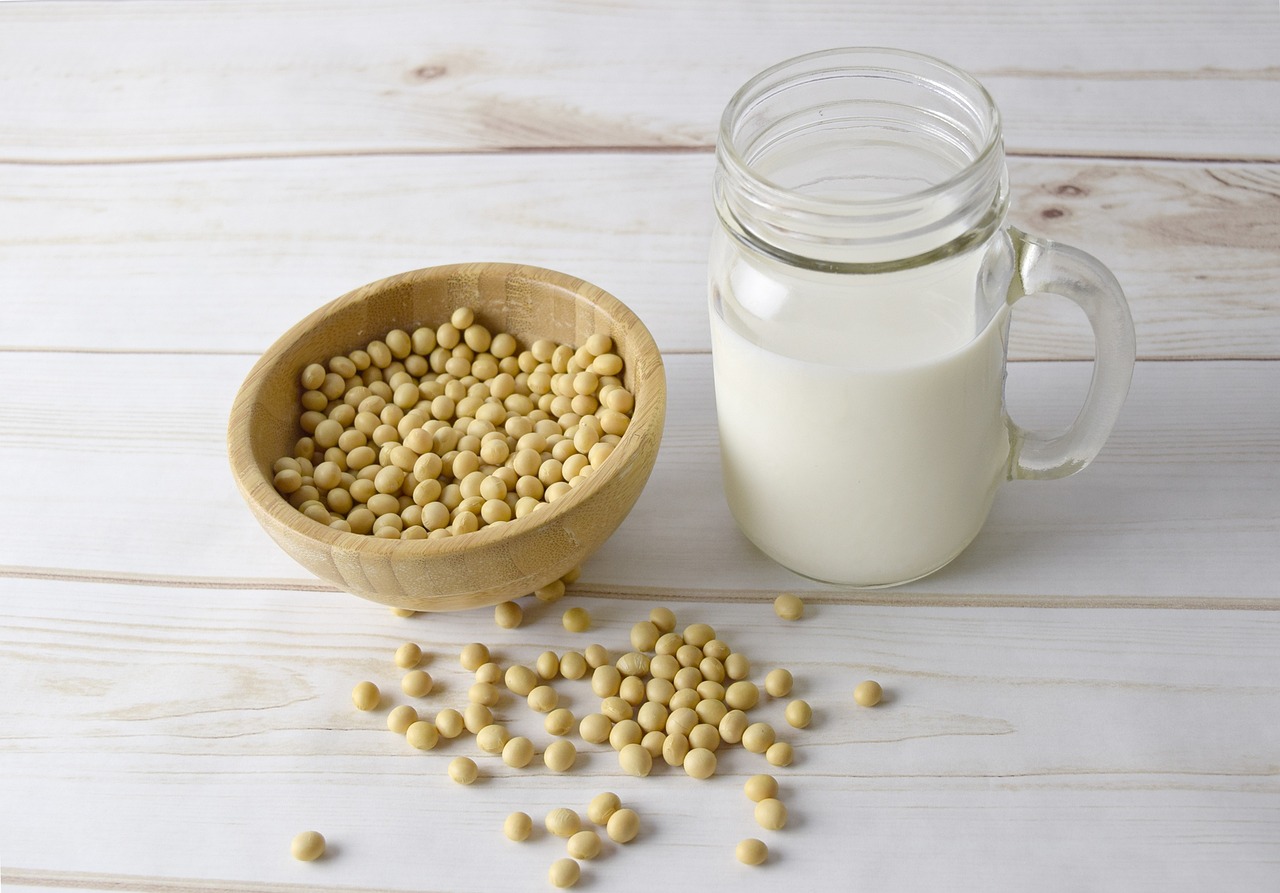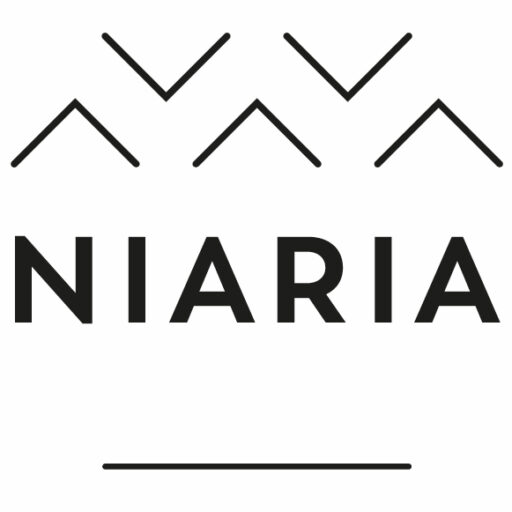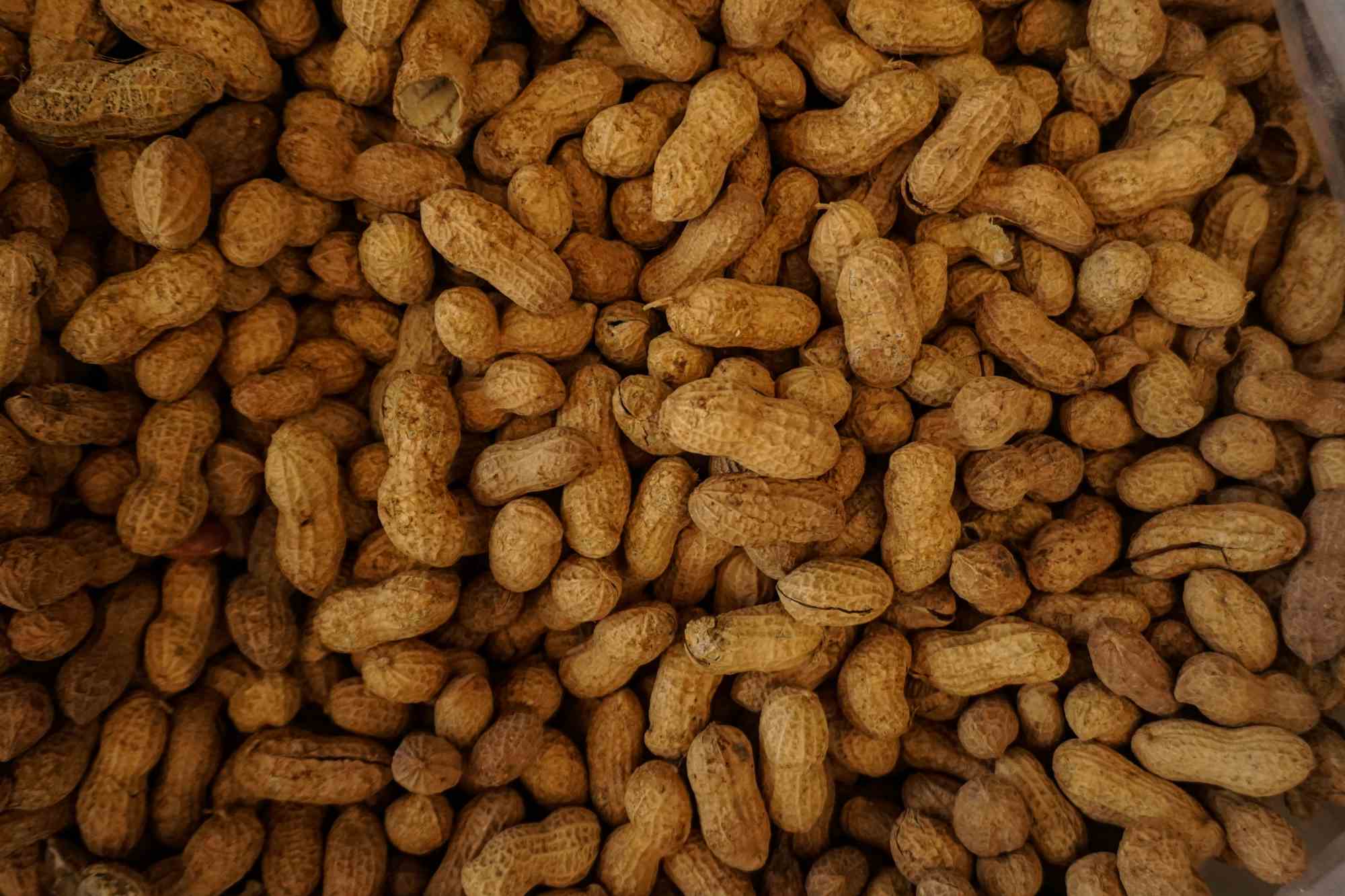
Bone health is essential at every stage of life, but as we age, it becomes even more crucial to maintain strong, resilient bones. Bone density declines with age, and without the right nutrients and lifestyle practices, bones become more prone to fractures and thinning, leading to conditions like osteoporosis. Fortunately, with a diet rich in bone-strengthening foods and healthy lifestyle practices, it’s possible to support bone density naturally. This article covers the best foods to eat that naturally increase bone density, common myths, key nutrients, the impact of hormones, and tips for daily habits to build stronger bones over time.
Why Bone Health Declines with Age
Bone density peaks in young adulthood but gradually declines over time. For women, bone loss can accelerate after menopause due to the drop in estrogen, a hormone that helps protect bones. Similarly, men may experience bone density loss with age as testosterone levels decline, although more gradually. Beyond hormonal changes, a decrease in physical activity and dietary changes can affect bone health, underscoring the importance of a lifestyle that actively supports bone density.
Nutrient-Rich Foods for Strong Bones
A diet rich in certain nutrients is crucial for maintaining strong bones and promoting mineral density. Here are several foods that support bone structure and resilience:
Leafy Greens:
Spinach, kale, and collard greens are packed with calcium, magnesium, and vitamin K. Calcium is essential for bone matrix strength, while magnesium helps activate vitamin D, and vitamin K regulates calcium to prevent buildup in arteries, ensuring it supports bones.
Nuts and Seeds:
Almonds, chia seeds, and sesame seeds are potent plant-based sources of calcium and magnesium, minerals that aid in bone mineralization and density. Almonds, for example, contain magnesium and phosphorus, while chia seeds are rich in calcium and fiber.
Legumes:
Beans, lentils, and chickpeas provide plant-based protein, calcium, and phosphorus. These minerals are critical in supporting bone density and strength, while fiber from legumes aids digestion and nutrient absorption.
Fatty Fish:
Fish such as salmon, sardines, and mackerel provide omega-3 fatty acids, protein, and vitamin D. These nutrients work together to improve calcium absorption and protect bones from inflammatory damage. Vitamin D, in particular, is crucial for muscle function, which indirectly supports bone integrity.
Tofu and Tempeh:
Tofu and tempeh are excellent sources of plant-based calcium and protein, making them beneficial for bone density. They are particularly ideal for those avoiding dairy, as they provide calcium without the drawbacks of lactose or potential inflammatory effects of dairy products.
Berries:
Blueberries, strawberries, and raspberries contain antioxidants and vitamin C, which supports collagen production. Collagen is vital for maintaining bone structure, while antioxidants reduce inflammation, which can contribute to bone loss over time.
Mushrooms:
Mushrooms, especially when sun-dried, contain high levels of vitamin D, an essential nutrient for calcium absorption and bone health. Consuming mushrooms regularly can be an excellent way to boost vitamin D intake.

Debunking the Milk Myth: Healthier Options for Bone Health
It’s commonly believed that cow’s milk is essential for strong bones due to its calcium content. However, a well-rounded diet rich in vegetables, nuts, seeds, and plant-based calcium sources can be just as effective, if not better, for bone health without the potential downsides of dairy. Plant-based sources of calcium and protein, like leafy greens and almonds, offer comparable benefits without the common digestive issues linked with milk.
Essential Vitamins and Minerals for Bone Health
Strong bones need a few key vitamins and minerals to remain resilient and dense. Here’s what to prioritize in your diet:
Calcium:
Essential for building bone mass and density, calcium is found in almonds, leafy greens, and tofu. Consistent calcium intake supports bones at any age.
Vitamin D:
Necessary for calcium absorption, vitamin D is best sourced from sun exposure, mushrooms, and fatty fish. Low vitamin D can impair bone health, making supplementation a consideration if exposure is limited.
Magnesium:
This mineral regulates calcium transport and activates vitamin D in the body. Magnesium is abundant in nuts, seeds, and dark green vegetables.
Vitamin K:
Supporting bone mineralization and calcium distribution, vitamin K can be found in broccoli, Brussels sprouts, and green leafy vegetables.
Phosphorus:
Essential for bone structure, phosphorus pairs with calcium to fortify bones and can be found in legumes, nuts, and whole grains.

Hormonal Influence on Bone Health
Hormones play a crucial role in maintaining bone density. Estrogen and testosterone help regulate the balance between bone formation and breakdown. With age, decreased levels of these hormones can lead to rapid bone loss. For women, this typically happens post-menopause, increasing the risk of osteoporosis. A nutrient-dense diet, combined with weight-bearing exercises, can support bone health even when hormonal levels fluctuate.
Physical Activity for Bone Density
Regular exercise, especially weight-bearing activities, is essential for maintaining bone strength. Walking, jogging, and resistance training place healthy stress on bones, encouraging bone remodeling and strengthening. Exercises like yoga and tai chi improve balance, helping reduce the risk of falls and fractures. Physical activity is just as important as diet for strong bones, so incorporating it into daily life is essential for long-term bone health.
Lifestyle Tips for Strong Bones
In addition to a nutrient-rich diet and physical activity, lifestyle adjustments can further support bone health:
Sun Exposure:
Sunlight boosts vitamin D production, critical for calcium absorption and bone health.
Limit Processed Foods:
Salt and sugar can interfere with nutrient absorption and accelerate bone loss.
Stay Hydrated:
Proper hydration helps maintain cellular function and nutrient transport, which is essential for bone health.
Conclusion
A holistic approach to bone health includes nutrient-dense foods, physical activity, and lifestyle practices that work together to strengthen bones. By choosing foods rich in calcium, vitamin D, magnesium, and antioxidants, along with engaging in regular exercise, it’s possible to build and maintain strong bones well into older age.
Subscribe to our newsletter, follow us on social media to let us know how you’re working towards a balanced life!

Oral Health: Causes, Prevention, and the Role of Nutrition
Oral health is often a neglected part of our...
Food Allergies: Causes, Symptoms, and Management
Food allergies and sensitivities are...
Unintentional Weight Loss
Unintentional weight loss can be distressing,...
The Negative Impacts of Plastic Usage on Health and the Environment
Plastic has revolutionized modern life,...
The Impact of Social Media on Body Image: How It Affects Women’s Health
Social media has transformed how we connect,...
Why Women Need Nutrition Counseling Beyond Weight Loss
Women face unique challenges when it comes to...
The Benefits of Journaling for Mental Health
Journaling has gained recognition as a powerful...
Minimalism and Health: The Effects of a Minimalist Lifestyle on Mental and Physical Well-being
Living in a world where consumerism and constant...
Physical activity: Cardio, Strength Training, Yoga, and Pilates
Engagement in regular physical activity is...










